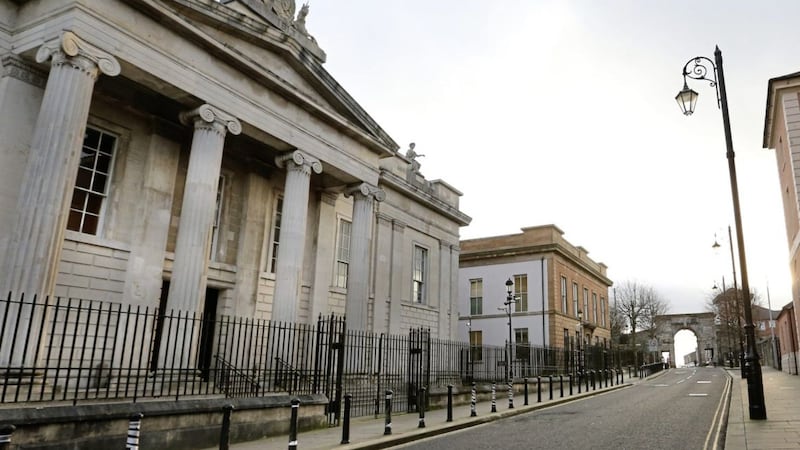SCHOOLS may be banned from asking pupils to leave after their GCSEs.
A policy group run by the Department of Education has urged a review of sixth form admissions.
It said all Year 12 pupils should "have the right" to remain in formal education to take post-16 courses at their own school.
The group further recommended that all post-primary schools become 11-19 providers.
Many grammar and non-grammar schools only allow pupils to return for A-levels if they pass a set number of GCSEs.
Others have fewer places in their sixth form than they do in Year 12, meaning many who want to stay on cannot.
In addition, more secondary schools do not offer post-16 courses at all.
Former education minister John O'Dowd had asked his department's strategic planning and policy development forum to consider how the education system might more effectively contribute to promoting inclusion and prosperity for all young people.
It looked at issues including academic selection, school buildings, area-based planning, the sustainable schools policy and sixth form access.
The group urged a review of sixth forms "to ensure that all Year 12 pupils should have the right to remain in formal education to undertake post 16 courses if they wish, in the 11-19 school in which they are enrolled or have guaranteed access to post 16 provision in an 11-19 school in the area".
It added that "the formal school leaving age should be raised to 19 to ensure that all young people who wish to continue in full-time education should be able to do so". Pupils can leave at 16 at present.
The department's sustainable schools policy, it said, was in need of review, as it was "flawed from the start". The area planning policy also "needs to be redrafted to be more specific in its goals".
The panel said the department should make the re-organisation of the school estate "a priority within capital expenditure and progress development proposals for new post-primary schools only when they propose 11-19, non-selective and normally co-educational establishments".
The group, which includes departmental officials, teachers and trade unions, was also critical of the impact of academic selection. Most grammar schools continue to use unofficial 11-plus-style entrance tests.
"The effect of academic selection at 11, alongside open enrolment are widely accepted as a major contributory factors in concentrating lower achieving pupils often from socially and economically deprived areas into a small group of 11-16 schools," the report read.



